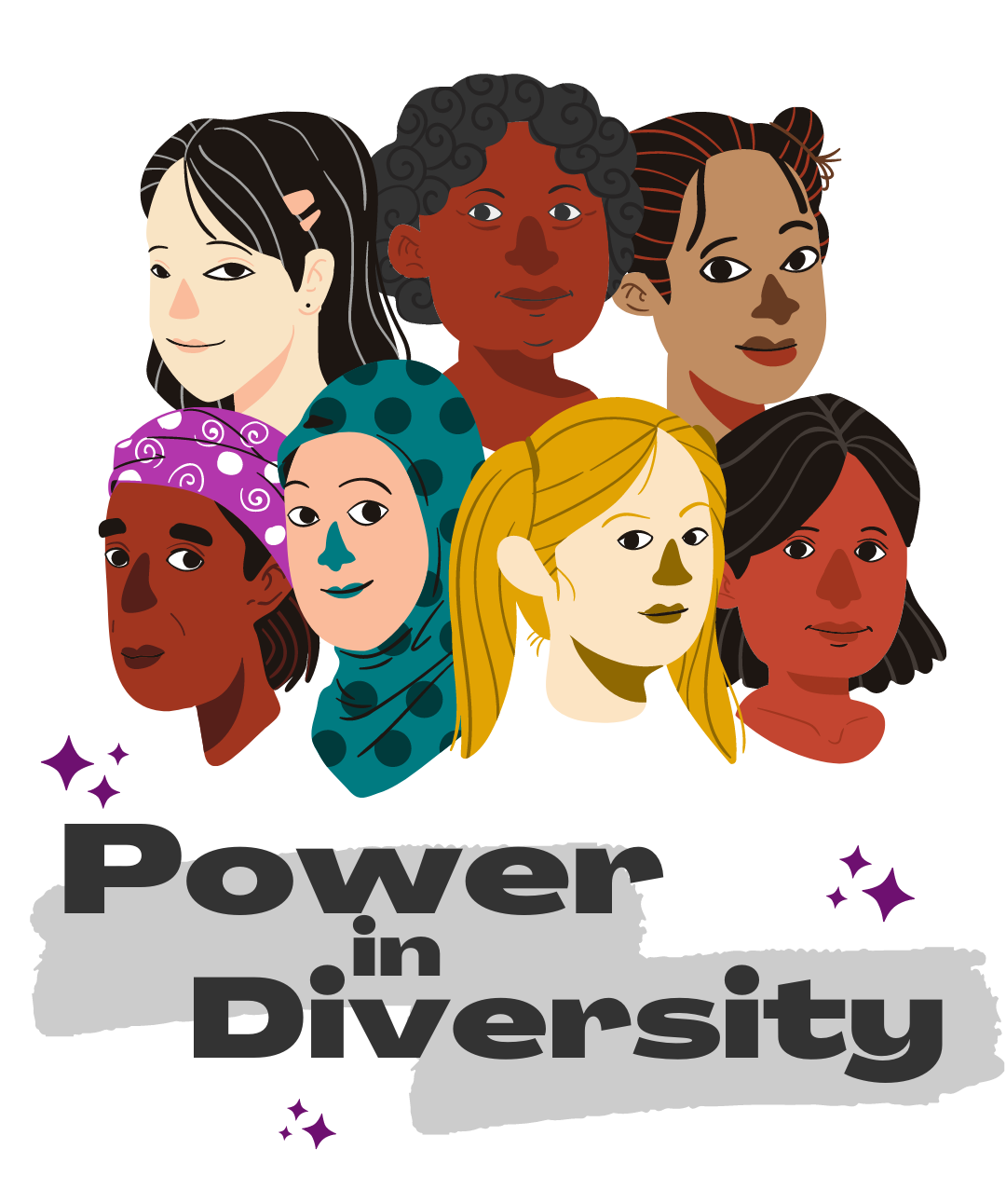In the realm of experiential marketing, crafting events that deeply resonate with audiences is key to success. Yet, achieving this resonance requires more than just creativity and innovation; it demands a nuanced understanding of cultural nuances and market dynamics. In this blog, we delve into the intricate interplay between cultures and markets, exploring the importance of cultural diversity in event planning and how events can be tailored to captivate diverse audiences.

Why is Cultural Diversity Important?
First, cultural diversity acknowledges and respects the varied backgrounds, traditions, and perspectives of attendees. It fosters inclusivity and a sense of belonging. Embracing cultural diversity enhances the richness of the event experience, offering attendees the opportunity to engage with different customs, cuisines, and entertainment styles. Moreover, it demonstrates awareness to the nuances of different cultures, thus avoiding potation misunderstandings or offenses that could arise from cultural insensitivity. Additionally, incorporating diverse elements broadens the audience, increasing participation and engagement. Ultimately, embracing cultural diversity in event planning not only enriches the experience for attendees but also promotes mutual understanding and appreciation across communities, contributing to a more interconnected and harmonious society.
Cultural Diversity + Creativity:
Cultural diversity can ignite creativity and inspiration in events by offering perspectives, innovative ideas, and unique approaches from varied cultural backgrounds. When individuals with diverse cultural experiences come together, they bring a rich tapestry of traditions and customs. The different artistic expressions can serve as a wellspring of creativity. Exposure to different ways of thinking and problem-solving stimulates creativity, encouraging you to explore unconventional concepts and incorporate diverse elements into your designs. Furthermore, cultural diversity not only acknowledges the importance of inclusivity but also cultivates an environment of collaboration and exchange. In this setting, ideas intersect and evolve, leading to the creation of truly original and memorable event experiences.
Understanding Cultural Differences:
Cultural diversity shapes the fabric of human experience. It influences everything from communication styles to consumer preferences. Whether emphasizing individualism in Western cultures, or the collectivist mindset prevalent in many Asian societies, understanding these nuances is essential. Recognizing and appreciating cultural distinctions becomes imperative in crafting meaningful experiences. Moreover, factors like high vs. low context communication and power distance further underscore the importance of cultural sensitivity in event planning.
Adapting Experiences for Local Audiences:
When designing events for local audiences, one size certainly does not fit all. To resonate authentically, you must immerse yourself in the unique characteristics of each culture. This entails meticulous research into local customs, traditions and preferences. From venue selection to content creation and communication strategies, every aspect of the event should be tailored to reflect and honor the local context.
Let’s say, for example, that you’re launching a new product or hosting an experiential marketing event in New Jersey. You could leverage digital and social media channels to generate buzz and drive attendance for the event. When marketing to Jersey consumers, you should targeted campaigns that resonate with different segments of Jersey’s population, using localized messaging and imagery to appeal to specific demographics. Partner with local influencers or community organizations to amplify your message and reach a wider audience. Additionally, you might consider hosting a sneak peek event or exclusive preview for key stakeholders such as retailers, and media outlets, to generate excitement/build anticipation for the official launch.
Expanding Globally:
Expanding experiential events globally presents both opportunities and challenges. While it taps into new markets, global events require careful navigation. Cultural sensitivity and market research are crucial for localization, messaging, and engagement strategies. For example, when launching a product in Brazil, you would want to delve into the nuances of Brazilian culture to understand what Brazilians value. You might then find that personal connections and vibrant communication is important to many Brazilians, thus tailoring your content and event promotions to resonate authentically with that. From selecting venues capturing the spirit of Brazilian hospitality to crafting messages embracing the country’s passion for life, every decision should be informed research and a deep appreciation for cultural intricacies. When expanding globally, your campaign should garner enthusiastic engagement and foster lasting relationships with consumers from the area.
Best Practices for Cross-Cultural Event Planning:
Cross-cultural event planning demands a blend of creativity, adaptability and cultural intelligence. Flexibility is key; allow for adjustments based on feedback and evolving cultural landscapes. Moreover, continued learning and refinement are essential for staying attuned to shifting consumer behavior and preferences across different markets. By embracing diversity and prioritizing cultural awareness, you can create experiences that transcend borders and resonate universally.
In Conclusion
The profound impact of cultural diversity resonates throughout every aspect of human existence. From shaping communication dynamics to guiding consumer choices, its influence is undeniable and pervasive. Embrace and celebrate the diversity that enriches our collective experience in order to foster understanding, unity and shared prosperity. As we continue to explore new frontiers and embrace the richness of cultural diversity, let us remember that the true magic of experiential events lies in their ability to transcend boundaries and unite audiences in a shared moment of joy, inspiration, and connection.

